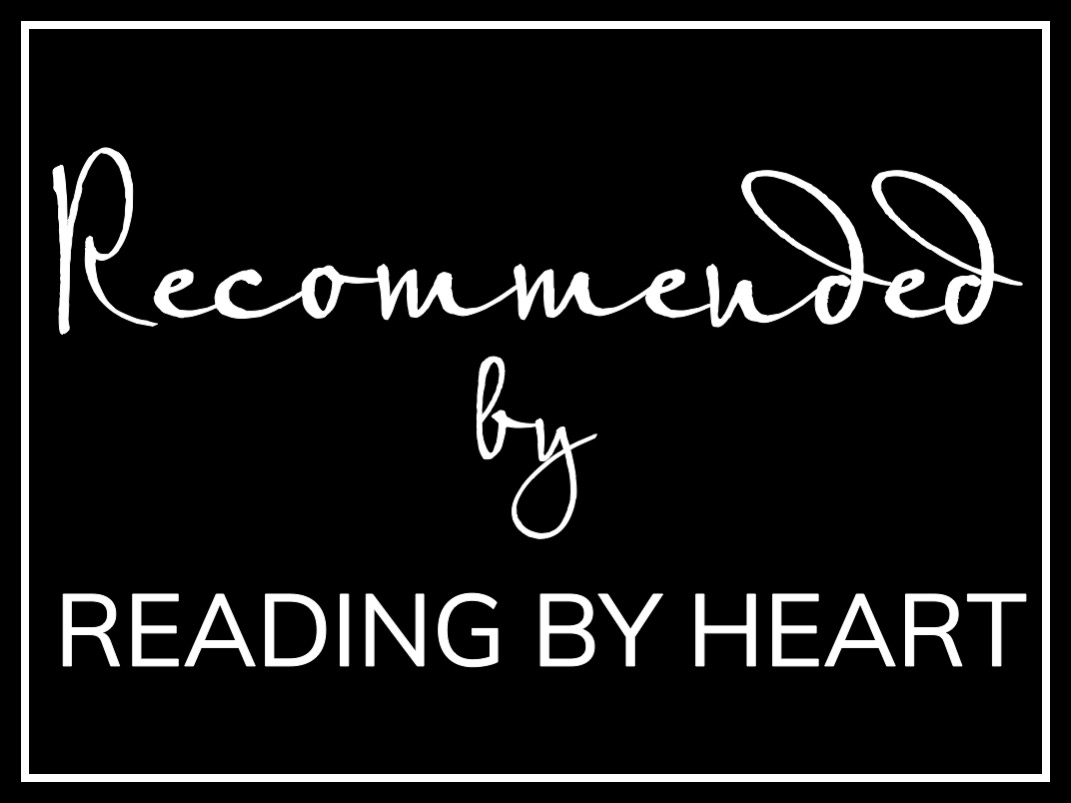"Whirligigs in the Back Yard"
We know that readers need schema - life experiences - in order to understand what they read. At first I thought my job would be to make sure my students had life experiences they could bring to their reading. I believed that my readers who struggled with comprehension simply lacked those life experiences.
I was surprised to learn that some of my struggling comprehenders had schema, but didn't use it. I was astounded to discover that some struggling readers seemed to believe so strongly that the "fiction" books they were reading were "not true," that they kept their own lives strictly separated from their reading. Their comprehension suffered because they were unable to use what they had learned from their own unique encounters with life to understand the experiences of the characters they read about.
These readers don't know it's OK to bring their own knowledge to their reading.
Suzanne was stumped by the word "whirligig." Rather than feeling a moment's frustration from her encounter with a word she didn't know, she shut down completely. She was unable to move on, and lacked the workaround skills to get past this roadblock.
I sat down with her.
At first, I focused on trying to teach her some of the workarounds good readers use when they come to a word they don't know. We talked about context clues and substituting other words that might fit.
When that didn't help, I explained to her that one option readers have is to simply go on with the story when they run into a roadblock they can't figure out. Sometimes something in the story will help the reader understand it later. I tried to teach her to be on the lookout for that information as she read on.
To no avail. Suzanne was distratcted by the fact that she did not know what a whirligig was.
My understanding of whirligigs is minimal. I've rarely ever seen one. As we say in the comprehension biz, my schema for whirligigs is almost nonexistent.
I explained what I could of them. We read in detail what the story had to say about whirligigs. I showed her the picture of whirligigs that was on the cover of the book. Then we went to the dictionary.
She still didn't get it.
I explained that if a person has never seen a thing, it sometimes makes it difficult to understand about that thing.
Suddenly, Suzanne said, "Oh."
Turns out her grandpa has whirligigs. She has seen them before. She has them at her house.
I'm confused. If she has whirligigs, then she's the one who's got schema! She knows more than I do!
So we talked about taking the things you know from your own life and using them to understand the story.
It became clear when we talked that Suzanne didn't know she could do that. She didn't understand that it was OK to mix up the two worlds.
She was faithfully following another rule: come heck or high water - never mix up reality with fiction. I learned from Suzanne that some of our struggling readers are valiantly trying to follow the rules, do the right thing, do as they believe they've been asked. They don't understand why we keep asking them to break faith with the rules they believe we've taught them. Rather than struggling from lack of reading ability, these readers simply suffer from faulty thinking.
I gave her stickies to use, took her to our comprehension strategies bulletin boards and showed her how to share when she made a cool connection between her life and the lives of those she was reading about.
I invited her to please mix up the ideas in her head from her own life with the ideas she met in her reading. I asked her to mix them like watercolors and let them run like rainbows all over her reading.
I was surprised to learn that some of my struggling comprehenders had schema, but didn't use it. I was astounded to discover that some struggling readers seemed to believe so strongly that the "fiction" books they were reading were "not true," that they kept their own lives strictly separated from their reading. Their comprehension suffered because they were unable to use what they had learned from their own unique encounters with life to understand the experiences of the characters they read about.
These readers don't know it's OK to bring their own knowledge to their reading.
Suzanne was stumped by the word "whirligig." Rather than feeling a moment's frustration from her encounter with a word she didn't know, she shut down completely. She was unable to move on, and lacked the workaround skills to get past this roadblock.
I sat down with her.
At first, I focused on trying to teach her some of the workarounds good readers use when they come to a word they don't know. We talked about context clues and substituting other words that might fit.
When that didn't help, I explained to her that one option readers have is to simply go on with the story when they run into a roadblock they can't figure out. Sometimes something in the story will help the reader understand it later. I tried to teach her to be on the lookout for that information as she read on.
To no avail. Suzanne was distratcted by the fact that she did not know what a whirligig was.
My understanding of whirligigs is minimal. I've rarely ever seen one. As we say in the comprehension biz, my schema for whirligigs is almost nonexistent.
I explained what I could of them. We read in detail what the story had to say about whirligigs. I showed her the picture of whirligigs that was on the cover of the book. Then we went to the dictionary.
She still didn't get it.
I explained that if a person has never seen a thing, it sometimes makes it difficult to understand about that thing.
Suddenly, Suzanne said, "Oh."
Turns out her grandpa has whirligigs. She has seen them before. She has them at her house.
I'm confused. If she has whirligigs, then she's the one who's got schema! She knows more than I do!
So we talked about taking the things you know from your own life and using them to understand the story.
It became clear when we talked that Suzanne didn't know she could do that. She didn't understand that it was OK to mix up the two worlds.
"Rather than struggling from lack of reading ability, these readers simply suffer from faulty thinking."
She was faithfully following another rule: come heck or high water - never mix up reality with fiction. I learned from Suzanne that some of our struggling readers are valiantly trying to follow the rules, do the right thing, do as they believe they've been asked. They don't understand why we keep asking them to break faith with the rules they believe we've taught them. Rather than struggling from lack of reading ability, these readers simply suffer from faulty thinking.
I gave her stickies to use, took her to our comprehension strategies bulletin boards and showed her how to share when she made a cool connection between her life and the lives of those she was reading about.
I invited her to please mix up the ideas in her head from her own life with the ideas she met in her reading. I asked her to mix them like watercolors and let them run like rainbows all over her reading.


















